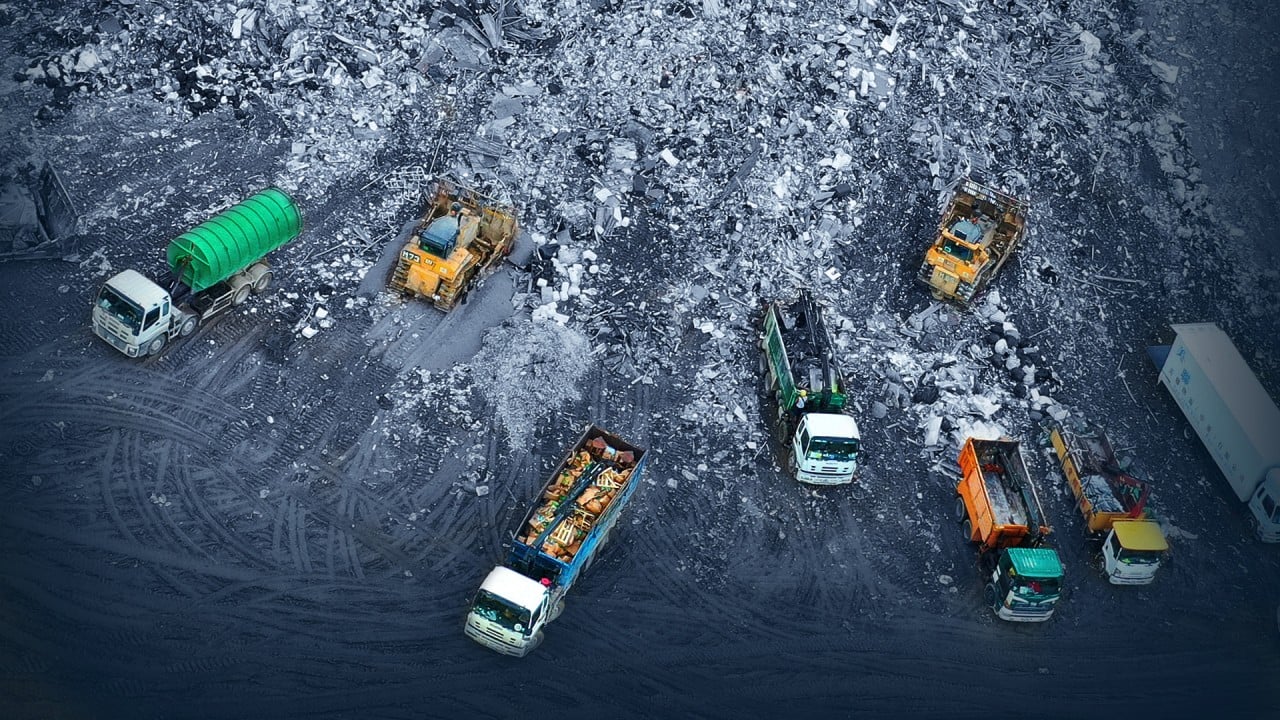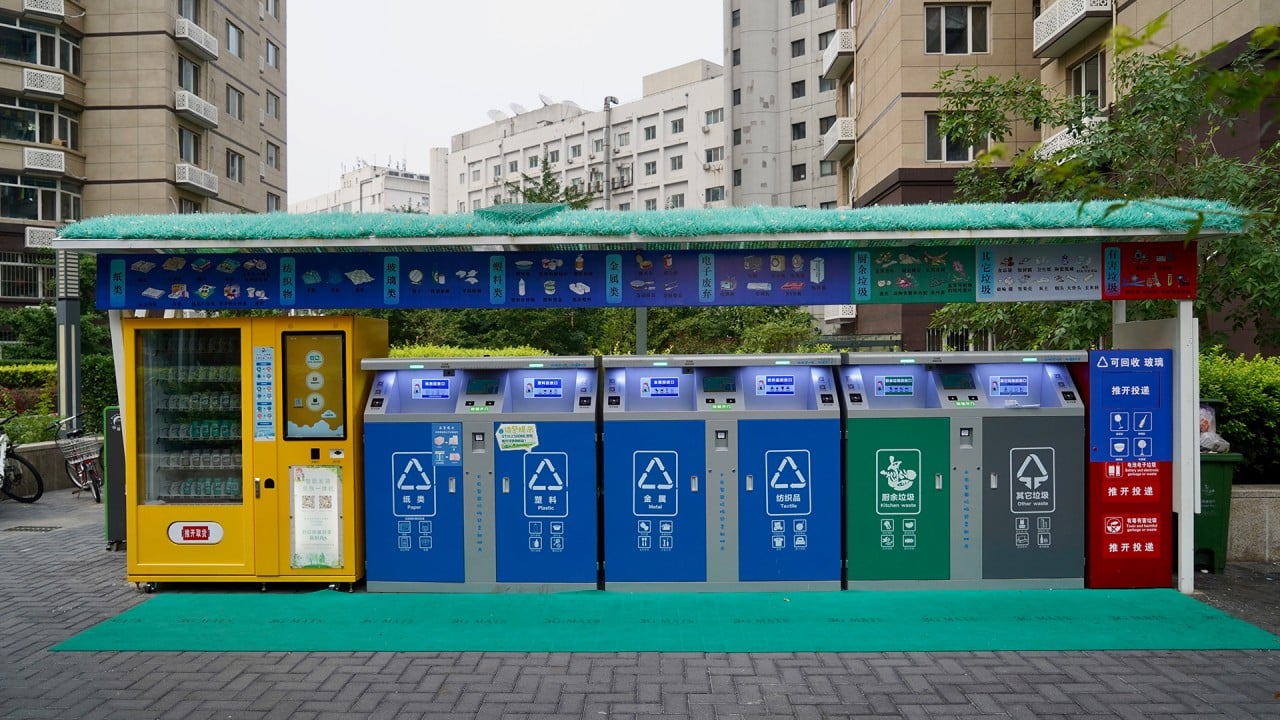
Waste charging: changing Hongkongers’ habits won’t happen overnight
- Even the success stories of Japan, South Korea and Taiwan took years to overcome their unique challenges to integrate waste management schemes into people’s lives. The important thing is to start somewhere, and start now
In line with those deemed to operate strong and effective waste management systems, Hong Kong’s introduction of charges for waste disposal is central to a process that will take time to integrate into society and change habits.
Providing financial incentives to reduce waste and increase recycling has proven to be a solution elsewhere. But it will take time to change habits and for all members of the community to understand the long-term benefits and importance of recycling and sustainable waste management.
The efficiency and sustainability of any waste management system hinge on several factors. These include government policy, public participation, technological innovation and economic incentives.
Taiwan is often hailed as a success story in reducing waste and increasing recycling. But transforming from a place with serious waste disposal issues to a world leader in recycling took a concerted effort and time. It took several years for the system to be integrated into the routine daily lives of Taiwanese.
Why should we expect the introduction of our municipal waste charging scheme to be any different from the experience of others?
From the high-density living conditions in urban areas to the more rural settings in the villages and outlying islands, Hong Kong’s unique conditions pose wide-ranging challenges, such as in waste collection, the collection points and the often limited space for waste bins, food waste and recycling containers.
I joined the discussion in 2012 when chairing the Council for Sustainable Development. The government tasked us with engaging with all the stakeholders and evaluating the successful systems, implementation processes and experiences elsewhere.
Over two years, we engaged with stakeholders to evaluate the best approach and learn from the experiences of others. We published our findings and recommendations in the “Report on the Public Engagement Process on Municipal Solid Waste Charging”. We developed a strategy where all community members will be accountable and share the responsibility of moving towards a “use less, waste less” society.
Despite efforts to gather community-wide support over the intervening years, there is still some resistance to charging for waste disposal.
How a new charging scheme can trash Hong Kong’s massive waste problem
The most crucial element from the outset is community participation, alongside understanding any systemic weaknesses that arise from our unique circumstances and working hard to amend, improve and streamline the system.
The government has said its medium-term goal is to cut the waste disposal rate by 40-45 per cent while improving the recovery rate to 55 per cent. The long-term goal is to “move away from the reliance on landfills for direct waste disposal by developing adequate waste-to-energy facilities”.
I think we all understand that we need to start somewhere and start now.
Bernard Chan is a Hong Kong businessman and former Executive Council convenor




